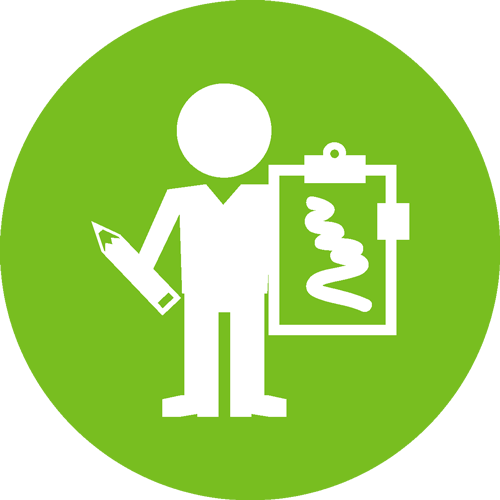Writing Assignments
Planning Instruction & Learning Activities (read full series)
What is it?
Writing assignments can be important meaning-making activities as they often help students engage with course content in more holistic ways, while offering them an opportunity to make the content their own. Successful writing assignments “evoke a high level of critical thinking, help students wrestle productively with a course’s big questions, and teach disciplinary ways of seeing, knowing, and doing” (Bean, 2011)1 .
Research
Students are more likely to learn from writing assignments that are linked to course objectives, especially when they “emphasize more than just recall of facts" (Herrington, 1981). When instructors think critically about designing writing assignments that will help students achieve course goals, students find these assignments help improve their understanding of course material (Bean, 2011; Herrington, 1981). Timely feedback focused on learning outcomes is also critical for student learning (Ambrose et al., 2010; Kuh, 2008).
Data
 of UCD students reported that they often (or very often) substantially revise paper before submission.
of UCD students reported that they often (or very often) substantially revise paper before submission. of UCD students rated their ability to be effective when writing as good (or very good or excellent) at matriculation (UCUES, 2018).
of UCD students rated their ability to be effective when writing as good (or very good or excellent) at matriculation (UCUES, 2018).
Teaching Strategies
- Include a list of the skills students will practice on each assignment sheet. This provides students with the purpose of the assignment, which is a key aspect of transparency.
- Clarify the “learning benefits” from the beginning, as they pertain to skills, content knowledge, tasks, and criteria for success.
- Clearly articulate the steps students should take to thoughtfully complete the assignment.
- Provide a rubric or some other indication of criteria for success on each assignment before students begin writing.
Students say ...
- “I find that I write better papers in classes where my professor clearly communicates the assignment and provides us with a detailed assignment sheet and rubric before we begin.”
- “In a few classes, instructors share prior students’ successful work and discuss how those examples meet assignment criteria. My writing is much better when I see these concrete examples.”
Reflection
- How do you conceptualize the design of your assignments? How and why do you like students to do them?
- How might you discuss the “learning goals and design rationale” of an assignment with students before they begin writing?
- 1List of all references in the complete JITT Guide.






